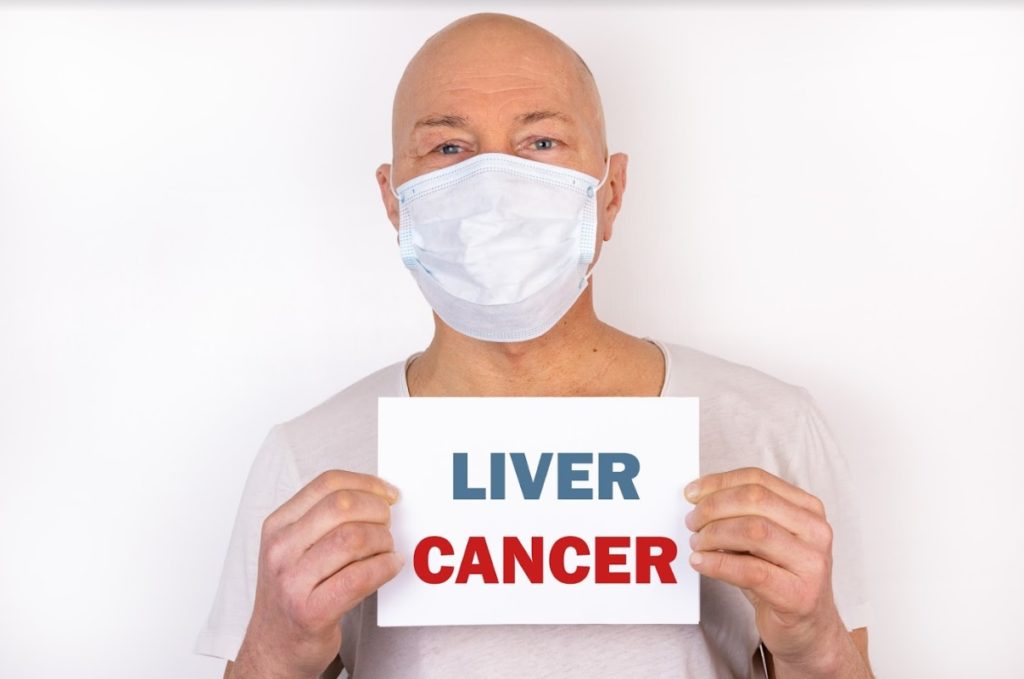Do you have a loved one or someone near and dear to you who is suffering from cancer and want to know how you can help them? Do you want to make their lives as easy as possible in this terrible stage, but don’t know what to do?
No one ever expects to find themselves taking care of a terminal cancer patient, but if it happens, you’ll want to be prepared. This guide will teach you the basics of providing support for someone going through chemotherapy, radiation therapy, and other treatments.
You’ll learn how to cope with the emotional stress of being a caregiver, as well as how to take care of your loved one’s physical needs. With this information, you can help make your loved one’s final days as comfortable and dignified as possible.
Understand the stages of cancer
When it comes to taking care of someone with terminal cancer, it is not all about being at their beck and call whenever they need you. It’s not all about bringing them whatever they ask for and doing whatever they want.
Before you start caring for someone who is terminally ill with cancer, you should understand the stages of terminal cancer and how they will affect that person, as well as yourself. When speaking in medical terms, there are 4 stages of cancer; stage one being the least invasive, and stage 4 means that the cancer has spread to other body parts.
The term terminal cancer means that the disease can not be cured by any means of modern medicine and the person will likely pass away from cancer. During the final stages of cancer, the patient will experience delirium, fatigue, shortness of breath, pain, coughing, trouble swallowing, and more. By knowing all of this, you can be far more prepared for what is to come.
Know the different types of care that are available for terminal patients
Struggling with cancer, especially if it is terminal, is a very difficult thing for both the patient, their family, and their loved ones. When it comes to caring for a terminally ill patient, it is easy to remember all of the practical care and support they will need, but they will also very likely need emotional care and support too.
Cancer is a difficult thing to go through and accept, and being there as emotional support is so incredibly important when it comes to making their final days as comfortable and easy as they could possibly be. There are different treatments available to cancer patients such as vitamin C IV therapy which has been proven to reduce the side effects of radiation and chemotherapy. Practical support is also important and there are so many different ways in which you could help someone on a more practical level. By doing things such as preparing meals, helping with sanitary needs, sorting out paperwork and health care, managing errands and medicine, and so much more. Along with emotional support, practical support is very important. Ultimately, when an illness is not responding to treatment and you want to provide the best possible care to your loved one, you should consider palliative care solutions in Winnipeg. Caring for a person in their remaining days may put a lot of pressure on you, so this kind of service might be the solution you’re looking for.

Determine what you can do to take care of a terminally ill patient
Last but not least, you should determine what it is that the patient might need for you and what you can be doing to make their lives a bit easier and more comfortable at the moment. If they are in need of emotional support, there are many options for you to try out such as reading a book to them, sharing special memories, or even just spending quality time with them.
While they are struggling, you shouldn’t have to wait for them to ask you for something, but you should rather take it upon yourself to anticipate their needs and help them as much as possible.
For those who are helping someone with terminal cancer, it can be difficult for them, but it can also be difficult for you, especially when you have to say goodbye. While taking care of a terminal cancer patient, it is important to know that you have done your best to look after them to the best of your ability and that it is something they greatly appreciated in their final moment. You should also take some time to look after yourself and to make sure that you are feeling okay.
